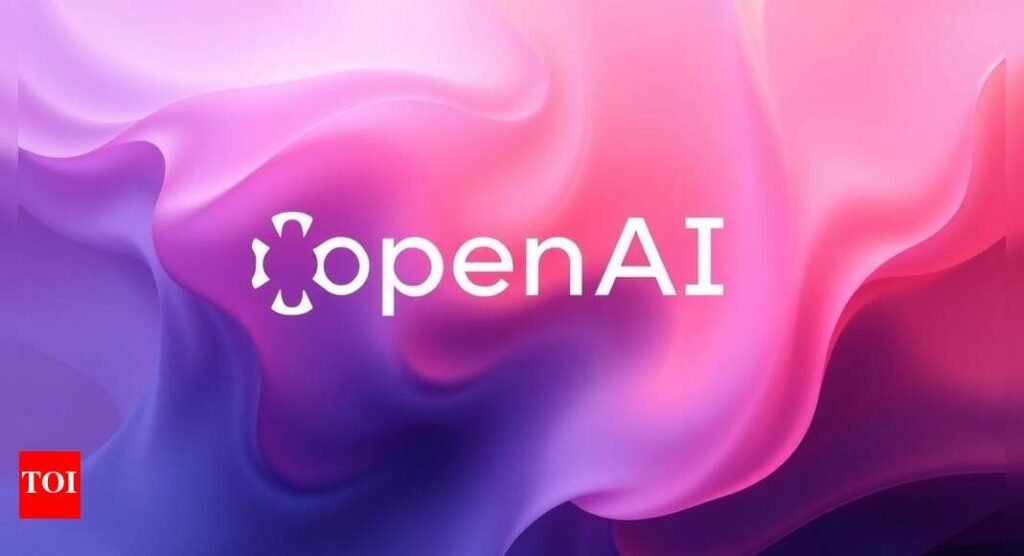Alexander Kolesnikov’s academic journey began far from Silicon Valley, in the austere intellectual halls of Lomonosov Moscow State University, where he studied Computational and Applied Mathematics. It was 2007, and while the world was just beginning to grasp the power of AI, Kolesnikov was already immersed in the mathematics that underpin it. His master’s programme was rigorous and unrelenting, training him not only in theoretical computation but also in the kind of abstract problem-solving that would become the cornerstone of his career.But Kolesnikov didn’t stop there. In 2013, he crossed borders and disciplines to pursue a PhD in Machine Learning and Computer Vision at the Institute of Science and Technology, Austria. The five-year doctoral stint placed him at the intersection of mathematics, programming, and visual intelligence—areas that would later define his research trajectory. During these years, he developed an eye for how machines interpret the world: not just seeing, but learning from what they see.
The climb: From research rooms to AI’s frontlines
While still working on his PhD, Kolesnikov began applying his ideas in real-world environments. He joined Yandex, Russia’s leading search and tech company, as a Research Software Engineer. Here, he lived a dual life, by day, contributing to industrial-scale machine learning systems, and by night, diving into research questions that pushed the academic frontier. This ability to straddle two worlds, application and theory, would become his trademark.By 2018, with his doctorate completed and research credentials firmly established, Kolesnikov took a leap into the heart of global AI: Google. He began as a Research Engineer, quickly immersing himself in large-scale learning systems. Over time, he rose to the role of Senior Research Engineer, leading projects that combined computational efficiency with advanced deep learning methods. His work during this period is reflected in influential papers and collaborative contributions that quietly advanced the field of computer vision and representation learning.Then came DeepMind, in 2023, the elite AI lab known for its moonshot thinking and scientific ambition. As a Staff Research Scientist, Kolesnikov was now among the top researchers in the world, working on complex, interdisciplinary problems that bridged reasoning, perception, and memory. If Yandex gave him his first real-world test, and Google gave him scale, DeepMind gave him scope: the freedom to ask difficult questions—and the resources to chase them down.By late 2024, Kolesnikov made another move—this time to OpenAI, where he was entrusted with a significant responsibility: building out the company’s Zurich office alongside Lucas Beyer and Xiaohua Zhai. As a Member of Technical Staff, his role was not only to lead research but also to help set the intellectual and operational foundations of a new geographic hub for OpenAI. This was more than a job; it was an act of institution-building.
A researcher’s journey, not a headline
Alexander Kolesnikov doesn’t court attention. He rarely makes noise on social media. His impact is felt in papers, in systems, and increasingly, in the movement of talent shaping the next phase of artificial intelligence. His academic roots in Moscow and Austria laid the groundwork for a methodical career that has taken him through Yandex, Google, DeepMind, OpenAI, and now Meta.In a field obsessed with flash and firsts, Kolesnikov’s story offers something else: Quiet consistency, scientific depth, and the kind of steady climb that makes AI breakthroughs possible, not in theory, but in practice.


